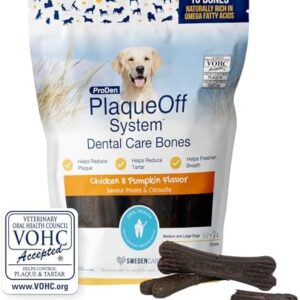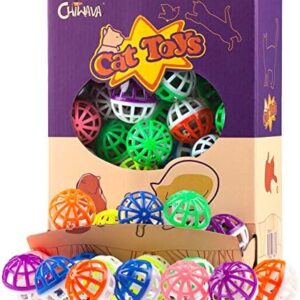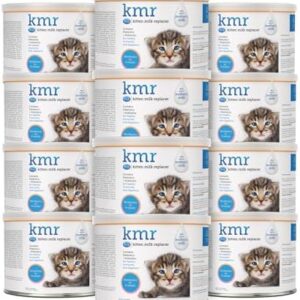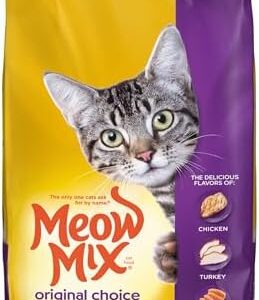
We all want the best for our furry friends, right? We spoil them with toys, treats, and love, so why not give them a little something extra to boost their health? That’s where cat supplements come in.
Many pet owners may be wary of adding supplements to their cat’s diet, thinking that their feline friend is getting everything they need from their regular food. However, just like us humans, cats can benefit from a little extra support when it comes to their health and well-being.
One of the main reasons to consider adding supplements to your cat’s diet is to fill any nutritional gaps that may exist in their regular food. Even the highest quality cat foods may not provide all of the essential nutrients that your cat needs to thrive. By adding supplements, you can ensure that your cat is getting everything they need to support their immune system, digestion, and overall health.
For example, many cats can benefit from added Omega-3 fatty acids in their diet. These essential fatty acids can help to reduce inflammation, improve skin and coat health, and support brain function. If your cat has dry, itchy skin or a dull coat, adding an Omega-3 supplement could make a big difference in their overall health and well-being.
Another common supplement that pet owners may consider is a probiotic. Just like in humans, a healthy gut is essential for overall health in cats. Probiotics can help to promote good gut health, reduce digestive issues, and support a strong immune system. If your cat struggles with occasional digestive upset or has a weak immune system, adding a probiotic to their diet could help to alleviate these issues.
Adding supplements to your cat’s diet can also help to support specific health concerns or conditions. For example, if your cat is getting older and experiencing joint pain or stiffness, a glucosamine supplement could help to improve their mobility and reduce discomfort. If your cat has a chronic health condition such as kidney disease or diabetes, there are supplements available that can help to support their specific needs and improve their quality of life.
In addition to supporting your cat’s physical health, supplements can also help to support their mental and emotional well-being. Cats can experience stress and anxiety just like humans, especially in multi-cat households or in busy environments. Supplements such as L-theanine or chamomile can help to calm and relax your cat, reducing their stress levels and improving their overall mood and behavior.
When adding supplements to your cat’s diet, it’s important to choose high-quality products from reputable brands. Cheap or low-quality supplements may not provide the full benefits that your cat needs, and could even be harmful to their health. Look for supplements that are specifically formulated for cats and that have been tested for safety and efficacy.
It’s also important to consult with your veterinarian before adding any supplements to your cat’s diet. Your vet can help you to determine which supplements may be beneficial for your cat based on their age, health status, and specific needs. They can also recommend the appropriate dosage and monitor your cat’s progress to ensure that the supplements are having the desired effect.
In conclusion, adding supplements to your cat’s diet can provide a wide range of benefits for their health and well-being. From filling nutritional gaps to supporting specific health concerns, supplements can help to ensure that your cat is happy, healthy, and thriving. Just like with any dietary changes, it’s important to do your research, consult with your vet, and choose high-quality products to ensure that your cat is getting the best possible care. So why not give your furry friend a little extra boost with some supplements today?






